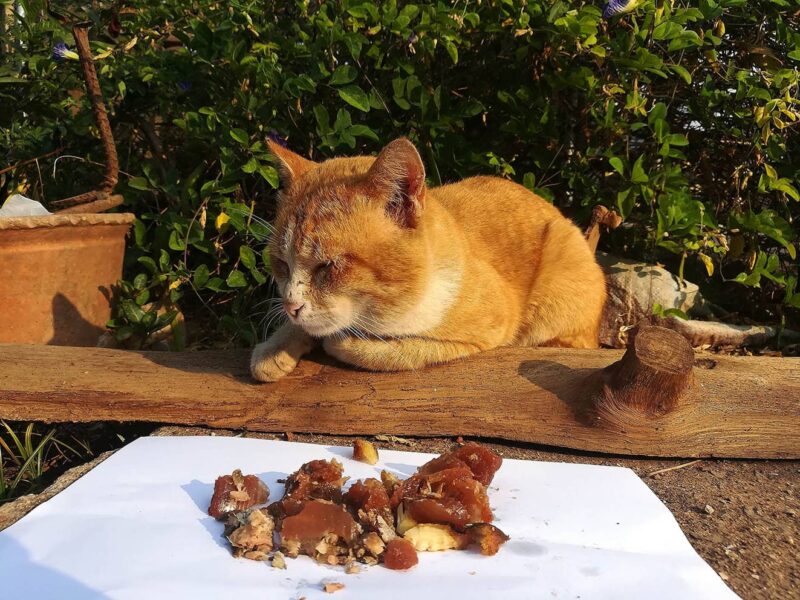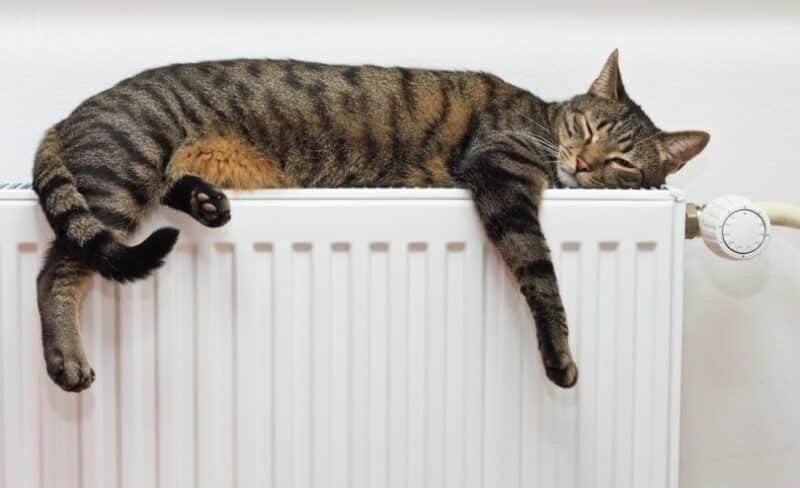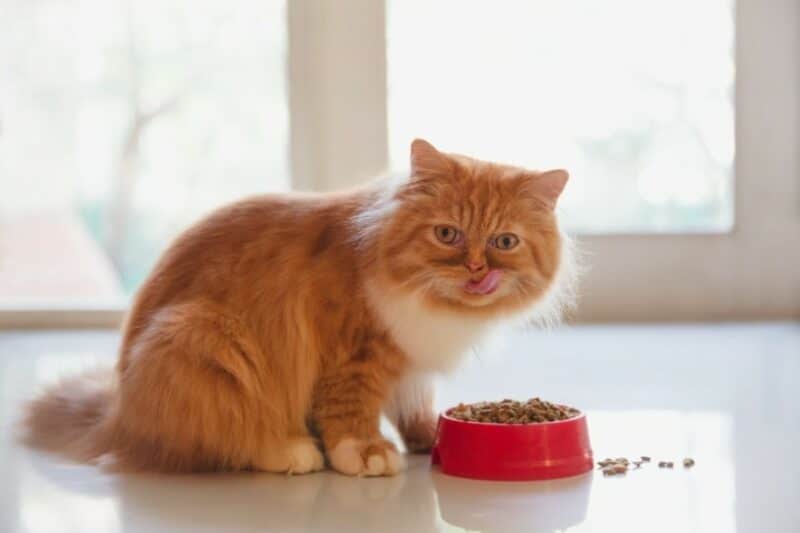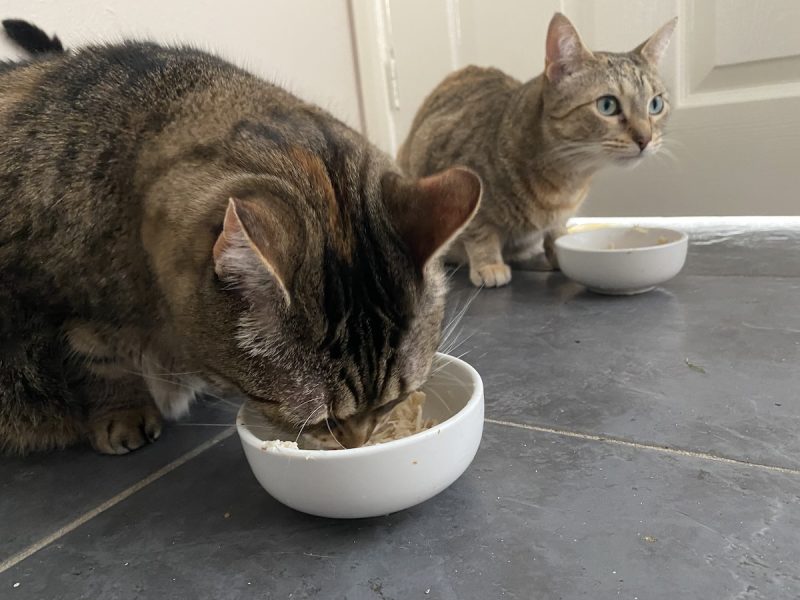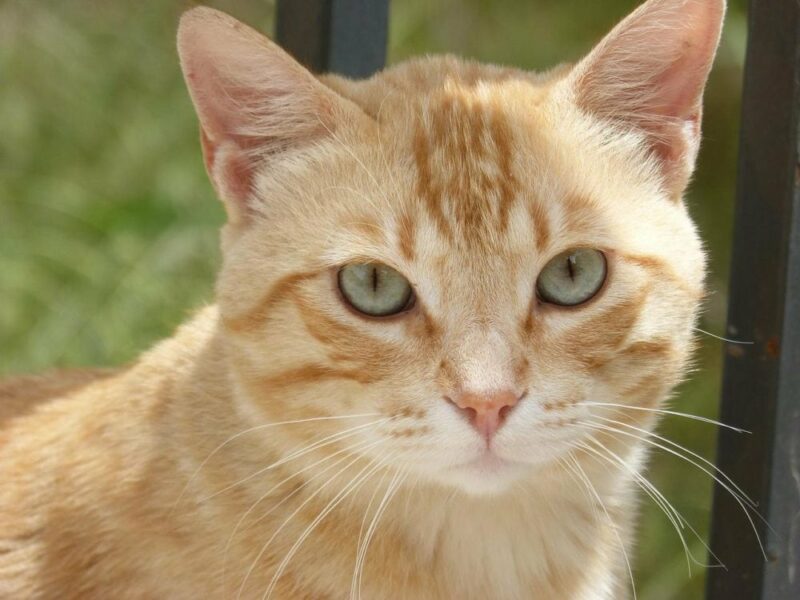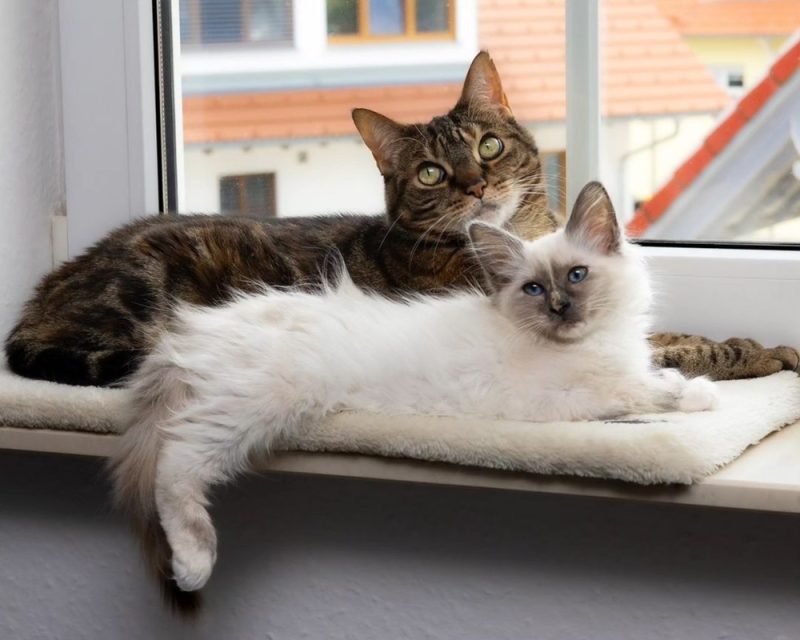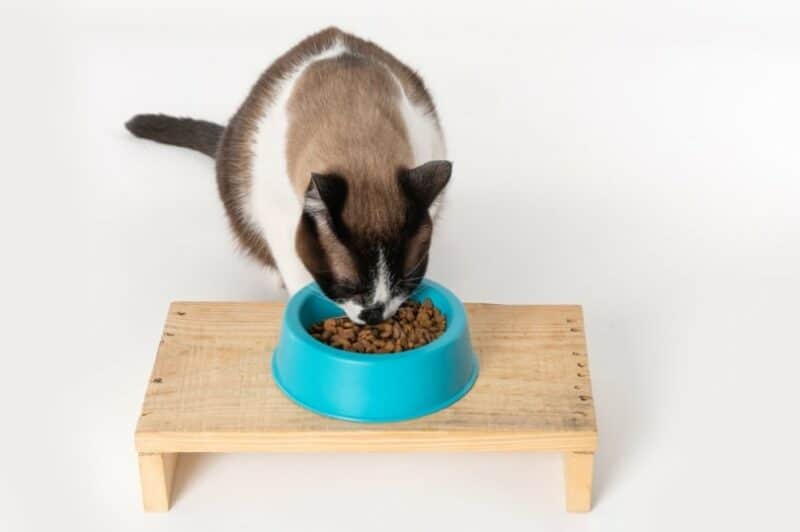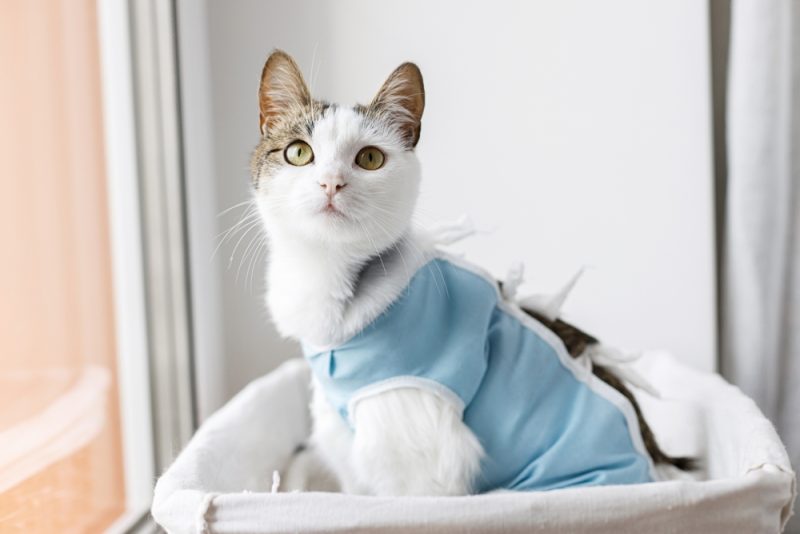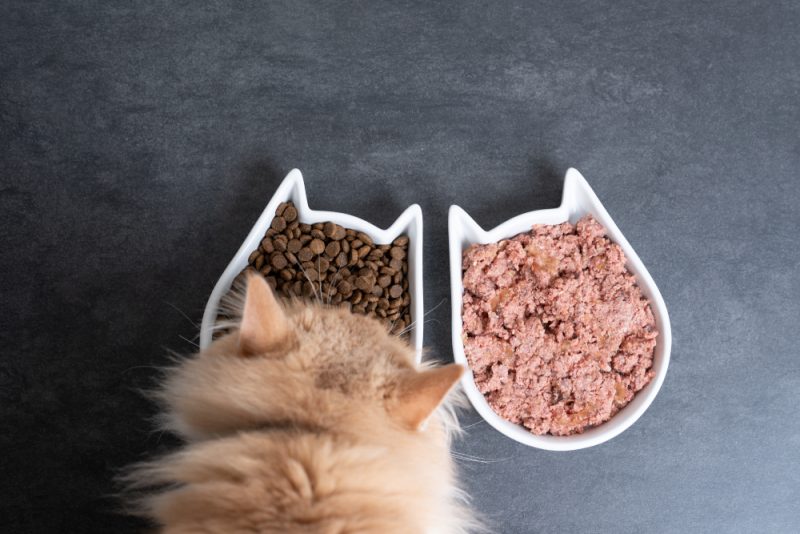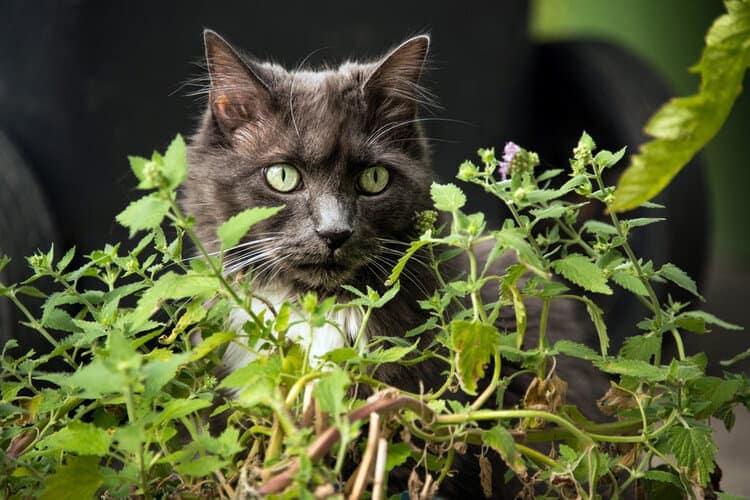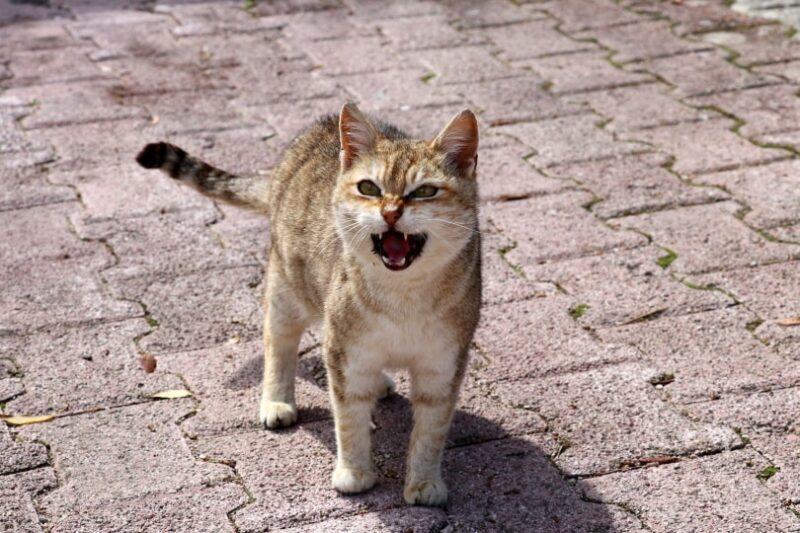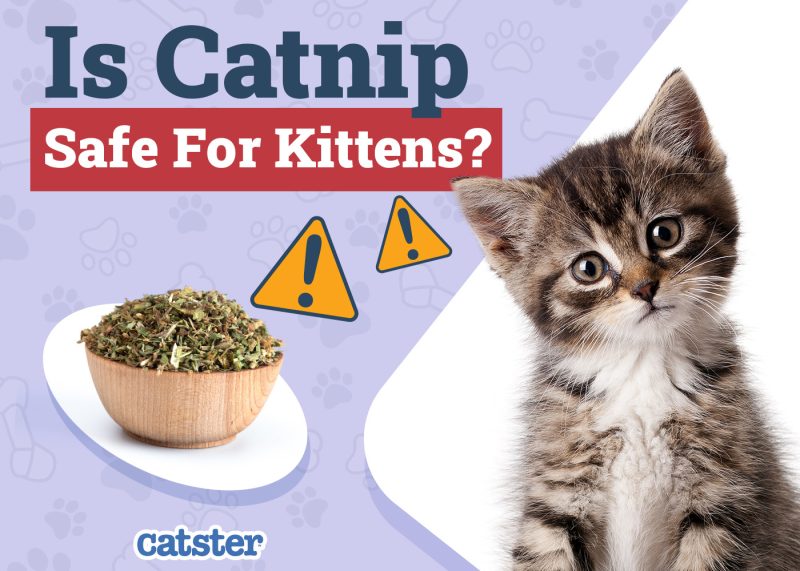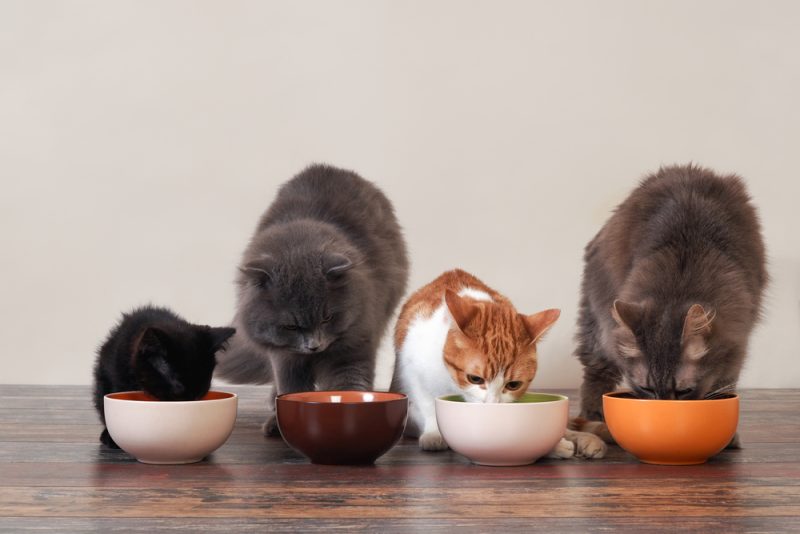Cats are known to be relatively pickier than most animals out there. In a way, this helps them stay alive. They aren’t prone to eating things that they shouldn’t (usually), which would help them stay alive in a natural setting.
Of course, this does cause problems when we’re trying to feed our cats. Some felines are simply born picky, while others tend to eat just about anything. It’s a behavioral difference that simply seems innate. Cats prefer to eat multiple small meals in a day and so this may appear as them not enjoying the food if they walk off after a few nibbles.
However, if your cat suddenly becomes a picky eater, you may want to be a bit suspicious. While pickiness is normal to some extent, sudden pickiness can indicate a potential problem. Keep reading to find out if you should be concerned or not.

The 7 Possible Reasons Your Cat Is Suddenly a Picky Eater
1. New Food
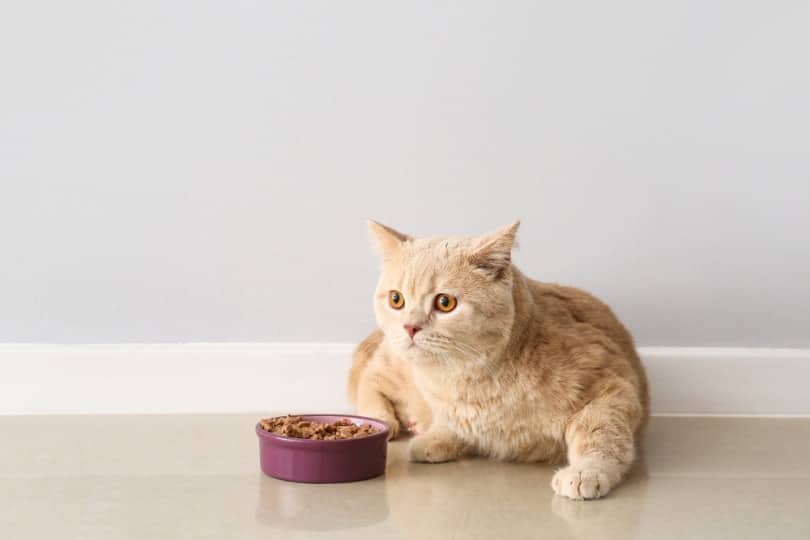
Cats may decide not to eat if their food has been changed. Often, it doesn’t have to be a completely new formula. If a cat food brand adjusts the formula slightly, your cat may notice and be put off by the changes. In some cases, you may not even realize that the food has changed until you compare the two ingredient lists.
Cats may love most foods and refuse to eat a particular flavor or brand. This is normal. If you’ve recently changed your cat’s food, it is likely the food that they just don’t like.
If you’re concerned about your cat’s diet we suggest you speak to a vet.
If you need to speak with a vet but can't get to one, head over to PangoVet. It's an online service where you can talk to a vet online and get the advice you need for your pet — all at an affordable price!

2. Freshness
If your cat suddenly stops eating food halfway through the bag, they may be picky about the food’s freshness. As you’d imagine, kibble does change as it sits out. Often, these changes aren’t significant enough to be noticed, especially if you’re purchasing smaller bags.
However, some cats are very picky about the freshness of their food. In these cases, you may have to purchase a resealable container to keep your food in or buy smaller bags.
3. Consistency or Shape
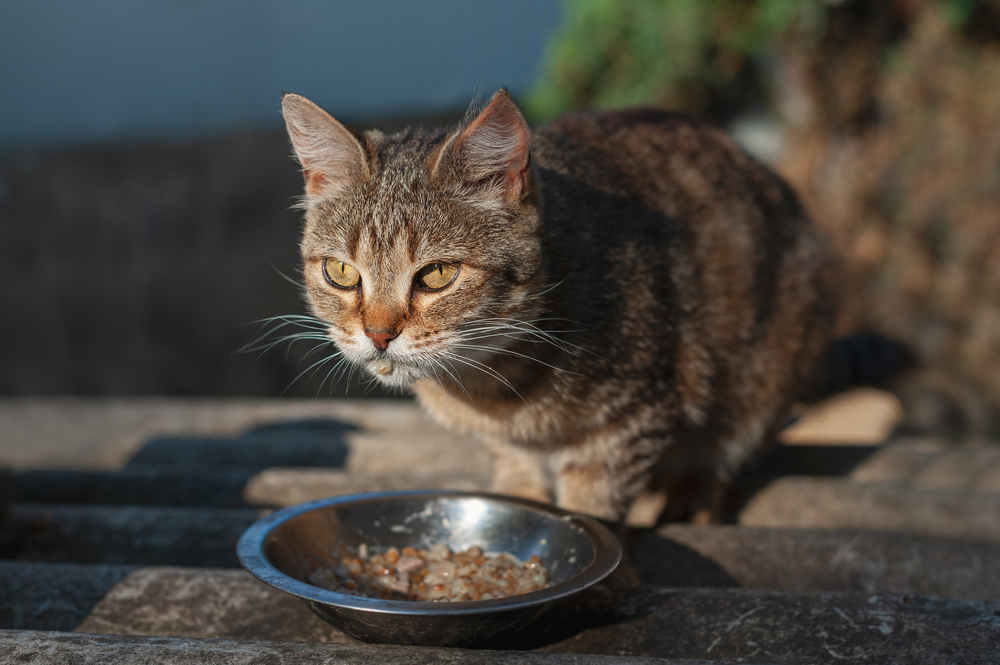
For cats that eat wet food, they may be a bit iffy about the consistency of the food. Some like chunks while others like it to be completely ground. If your cat has only been eating one type of wet food, they may not like consistency changes at all.
Of course, each can of wet food can have a slightly different consistency. Often, how the food was stored plays a role in this. Therefore, your cat may eat up one can just fine only to refuse a can of the same formula.
In the same way, cats may be particular about the size and shape of their kibble. Towards the bottom of the bag, many dry foods become crummier and smaller. Cats may refuse this sort of food in preference for the larger pieces of kibble—or the opposite may be true, too.
4. Temperature
Usually, the temperature only affects wet food. Cats may not like food that you have stored in the fridge, for instance. In this case, you’ll usually have to let the food heat up to room temperature before your cat will eat it.
However, if you keep your cat’s dry food in a garage, then they may refuse to eat it when the temperature drops. Again, your best bet is to simply let the food heat back up, which should encourage your cat to eat it.
5. Location
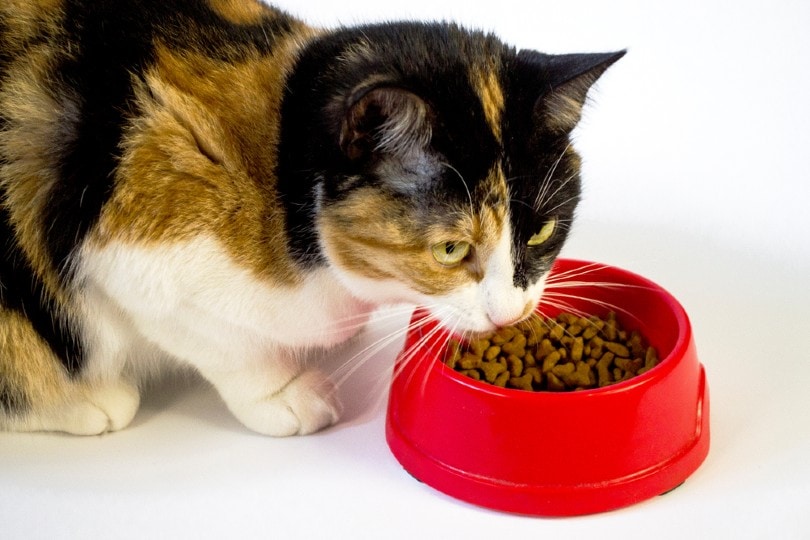
Sometimes, cats may refuse to eat because of where the food is placed. Often, cats don’t like food that is near their litter box, as they are pre-dispositioned to not eat where they do their business. Some cats may also not eat near their water bowl either to avoid contamination. It may also be that the area is too busy or loud and the food needs to be located in a calmer spot.
If you’ve recently moved their food or if the area around their food has changed, this is absolutely a possibility.
6. Boredom
If your cat has been eating the same food forever, it may be that they are bored with it. Often, this requires switching the food. It is best to switch to food by the same brand that’s simply in a different flavor. This shouldn’t upset your cat’s stomach while still providing some excitement.
7. Illness

There are many diseases that can make your cat suddenly not eat. If your cat doesn’t eat much for 24 hours, you should contact your vet. While it isn’t always something serious, it is best to be safe rather than sorry.
Often, dental problems are to blame. If eating hurts, then cats likely won’t eat even if they love their food. Cats may not drink, either, though some will continue to drink because it doesn’t hurt. It all depends on the cat and injury.
Other illnesses can also make a cat stop eating, though. For instance, liver and kidney problems can cause your cat to not eat. Usually, these illnesses need to be treated by a veterinarian to ensure a full recovery. Otherwise, your cat may succumb to a treatable disease.
Sometimes, you will notice other symptoms that your cat is sick. They may become lethargic, for instance. Many cats spend a lot of time hiding when they don’t feel good, though other cats may become especially clingy.
However, cats have become exceedingly good at hiding their illnesses and you may not notice any symptoms at all until your cat gets much worse.
Therefore, it is almost always better to be safe rather than sorry. Taking your cat to the vet is recommended if they haven’t eaten for over 24 hours, have a predisposition to illnesses, have an underlying condition, are very young or very old, or if they present other worrisome symptoms.

Conclusion
If your cat suddenly becomes picky, there is likely a deeper reason for it. Many cats are sensitive to small things about their food that we may not notice. For instance, cats may be sensitive to the freshness or size of their dry food. Therefore, once you get halfway through a bag, they may start turning their nose up to it. At the same time, some cats are sensitive to temperature.
Sometimes, cats simply don’t like eating the same food for an extended period. In this way, it may not actually be sudden at all—though it may appear that way to us.
On the other hand, there are many illnesses that may affect our cat’s appetite and food preferences. Sometimes, these illnesses may affect their digestion overall. However, anything that causes pain may limit a cat’s desire to eat.
If you’re worried about your cat’s eating, it may be best to talk to your vet. Cats that don’t eat for 24 hours need to be seen by a vet.
Featured Image Credit: plew koonyosying, Shutterstock
